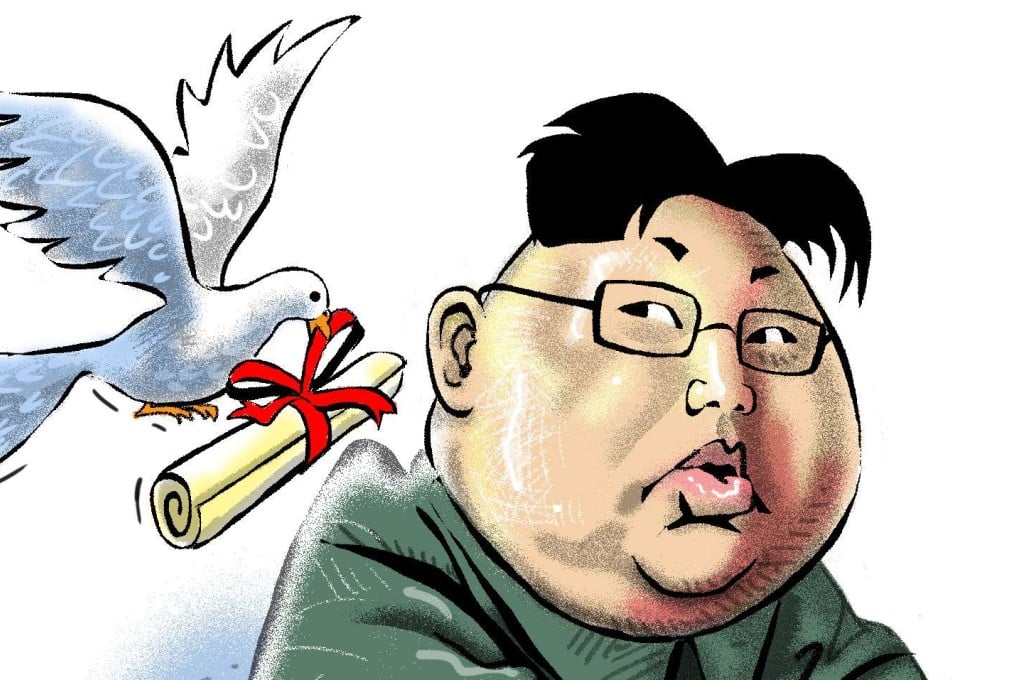Why Trump should give nuclear-armed North Korea a shot at peace
Jerome A. Cohen and Edward J. Baker urge the US and other stakeholders to work on a peace treaty with the North to formally end the Korean War and avoid any dire fallout of Kim Jong-un’s rising nuclear rhetoric


He said he would continue to bolster the programmes as long as the United States remained hostile and continued its joint military exercises with South Korea. Perhaps most importantly, he said: “We have reached the final stage in preparations to test-launch an intercontinental ballistic rocket.”
In response, then US president-elect Donald Trump tweeted: “North Korea just stated that it is in the final stages of developing a nuclear weapon capable of reaching parts of the US. It won’t happen!”
It is not clear whether North Korea will be able to test an intercontinental ballistic missile (ICBM) this year and whether it has succeeded in miniaturising a nuclear warhead that can be placed on such a missile. In time, however, North Korea will succeed in those efforts.
Should North Korea implode, Beijing could face a dual crisis
To date, UN Security Council sanctions, even though approved by China and Russia, have not prevented the North from making progress in nuclear weapon and ballistic missile technology. Sanctions could certainly be made stronger and, if strictly enforced, especially by China, might prevent further progress.
Yet China and/or Russia might veto stricter sanctions and, even if they do not, that may take more time than it will for the North to ready a nuclear-armed ICBM. More importantly, China will not enforce sanctions strictly enough to halt Pyongyang’s nuclear and missile development, since that would risk the collapse of North Korea.
Should North Korea implode, Beijing could face a dual crisis: North Korean refugees flooding China, and South Korean and US troops on its northeastern border. China’s consistent position has been that the way to settle this problem is by negotiations between the US and North Korea.

US still backs Korean missile shield, Pentagon chief says
